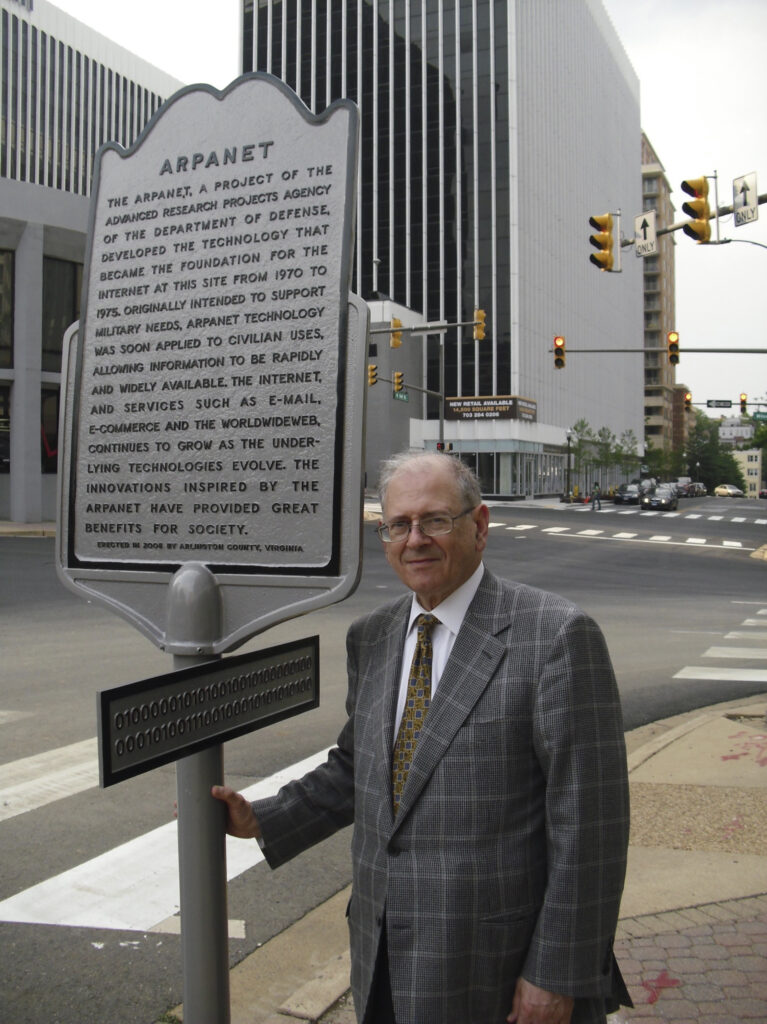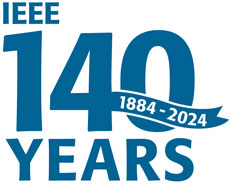
2024 IEEE MEDAL OF HONOR
Sponsored by IEEE Foundation
For pioneering technical and leadership contributions in packet communication technologies and foundations of the Internet
After a decade of experimentation in the research community, in 1983 the TCP/IP protocol suite was officially adopted by DARPA for use in the ARPANET. In particular, it was Kahn’s leadership and dedicated efforts in the application of the packet network concept that led to the development of the Internet, which has become indispensable to our society. He led the development of Packet Radio and Packet Satellite networks that when interconnected with the ARPANET, enabled the Internet to develop a resilient design to overcome the lossy potential of radio-based systems. He also initiated DARPA’s VLSI Architecture & Design program to introduce the university computer research community to hands on access to semiconductor technology.
In 1979, Kahn became Director of the Information Processing Techniques Office (IPTO). As Director, he launched several initiatives including the U.S. government’s Strategic Computing Program, which funded the development and implementation of advanced AI technology along with multiprocessor computer architectures. Specifically, it made major investments in natural language processing, speech understanding, image understanding, and expert systems. It must be noted that Kahn has made deep technical contributions in these DARPA projects in addition to managing them to successful completion or operation. The Strategic Computing Program at DARPA triggered a wave of new computing technologies and AI applications that resonate to this day.
After 13 years at DARPA, Kahn left the organization in 1985 to launch the Corporation for National Research Initiatives (CNRI). The nonprofit, based in Reston, Va., undertakes, fosters, and promotes research in the strategic development of network-based information technologies. It also provides leadership and funding for information infrastructure research and development. For instance, the Gigabit Networking program undertaken by CNRI with funding from NSF and DARPA, demonstrated the feasibility and utility of gigabit networking; but, more importantly, it solidified connections between the academic, computer, and telecommunications business communities that inform today’s computer communications environment.
Together with Cerf, Kahn in 1992 also founded the Internet Society, a nonprofit organization that helps maintain technical standards, informs the public about relevant issues, and advises policymakers.



